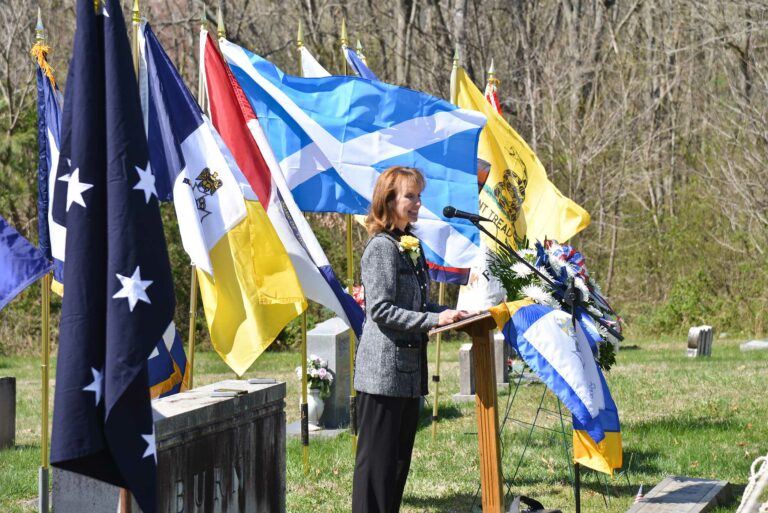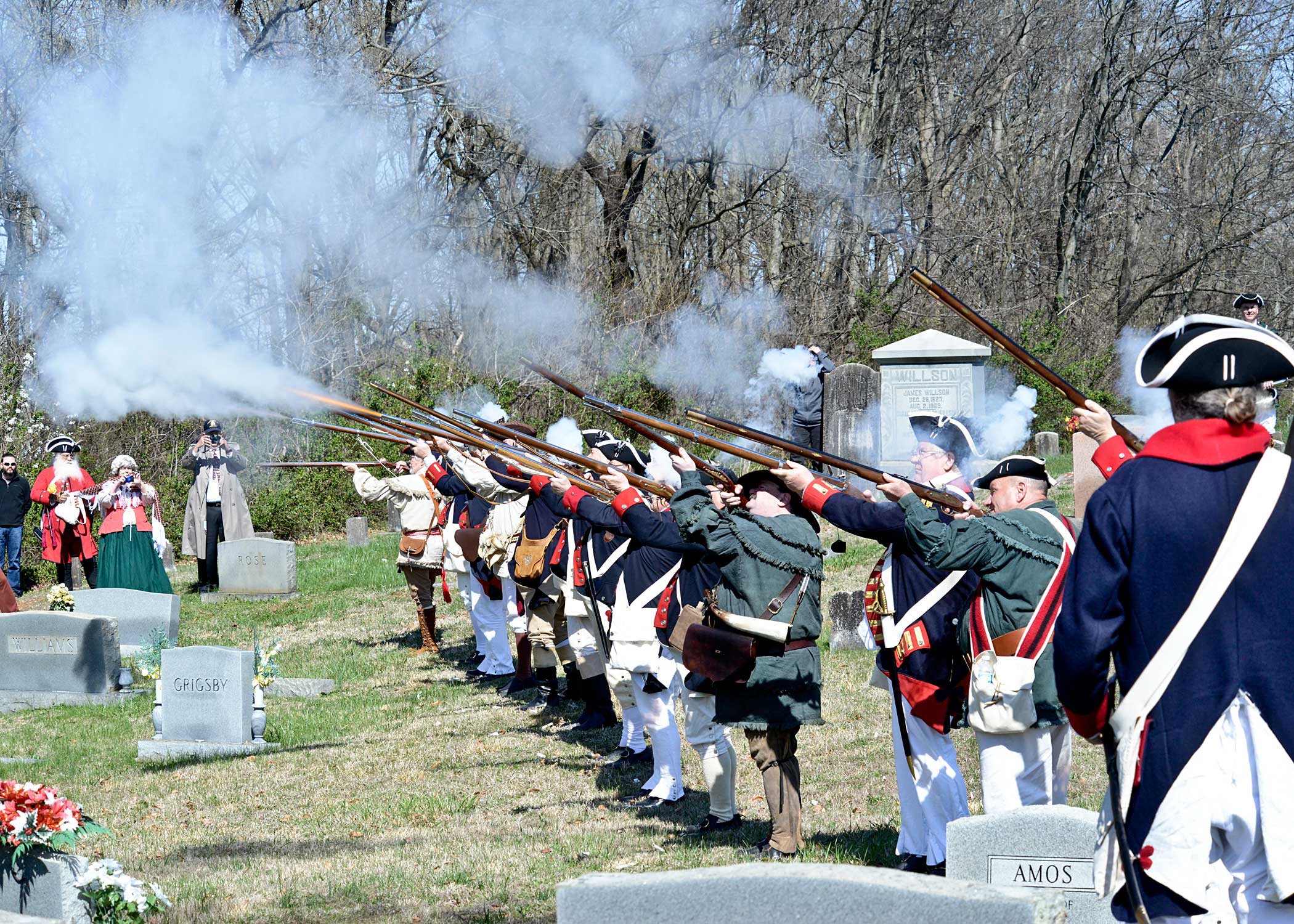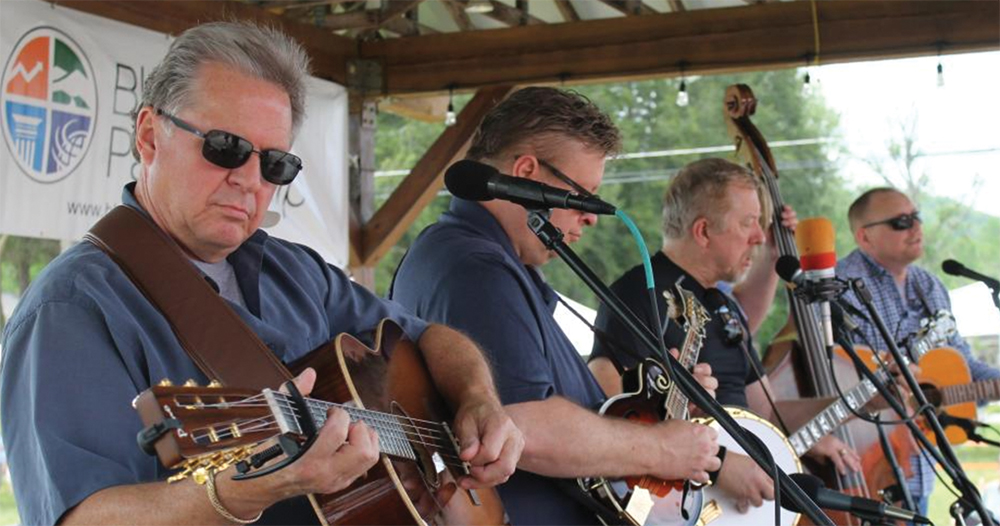During World War I, while the men were away fighting, women left their homes to work in factories, stores and communities. Women had always worked beside their mates when farming and raising children. Now they wanted their rightful place at the ballot box. The Constitution granted African American men the right to vote by declaring that the “right of citizens of the United States to vote shall not be denied or abridged by the United States or by any state on account of race, color, or previous condition of servitude.” Although ratified on February 3, 1870, the promise of the 15th Amendment did not include black or white women.
One of the major issues in American society in 1920 was women’s suffrage. During that summer, 35 states had approved the 19th amendment (which gave women the right to vote), but 36 states were needed for ratification. Tennessee Governor Albert Roberts agreed to call the legislature into special session on August 9th to consider this amendment.
Fortunately, McMinn County had elected Harry T. Burn as their representative. Burn was the youngest member of the General Assembly elected at the age of 22. Following the passage in the senate the bill went to the house for the real battle. When the 19th amendment was voted on, Tennessee responded in its usual fashion, right down the middle. Twice, a vote was called and both times the results were a 48 to 48 tie. The speaker of the house recessed until the next morning. Back in Niota, Burns’s mother, Phoebe Ensminger Burn, sent him a note on August 18th where she stated: “I have been watching to see how you stood, but have not noticed anything yet. Don’t forget to be a good boy and help Mrs. Catt, the founder of the League of Women Voters, put the “rat” in ratification. Your Mother.”
Burn followed his mother’s advice, giving 27,000,000 women the right to vote. He was a hero to the suffrage movement, but there are stories of him escaping out of upstairs window from the anti-suffrage followers.
In 1930 when Burn was a candidate for governor (later he served as state senator). He was asked if he would vote for the 19th amendment again. He replied “My mother was a student of international affairs. She was a college woman, she would vote intelligently: and yet she had illiterate men working on this farm that could vote…I think it was morally right. I thought so then; I still think it.”
Burn, his mother and his wife are all buried in the Niota Cemetery. Burn was an active member of the Sons of the American Revolution. What a wonderful tribute and celebration for Burn and thank goodness he listened to his mother.

On March 28, 2015, in Niota, Tennessee, a marker was placed on the grave of Harry T. Burn. The event was attended by local, state, and SAR dignitaries. Featured speaker was Tennessee Senate Majority Leader, Beth Harwell. He truly played a major role in United States history.








